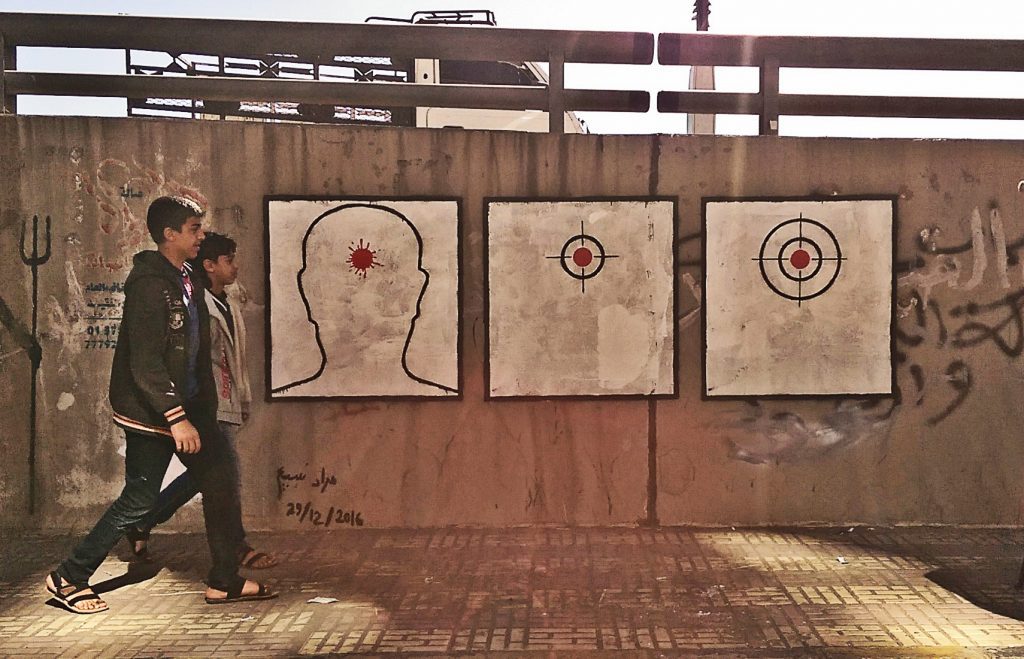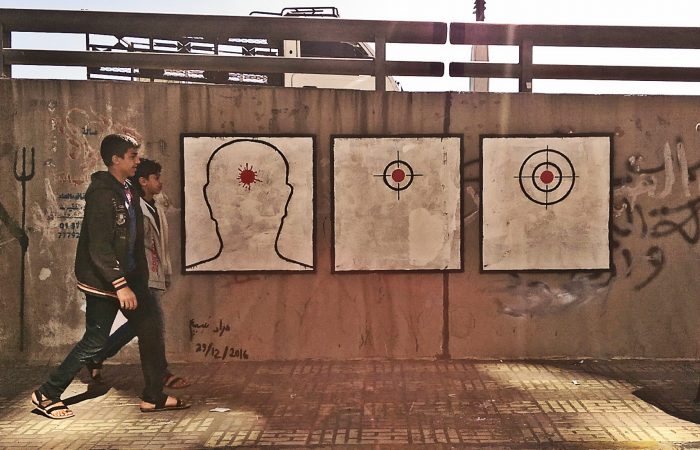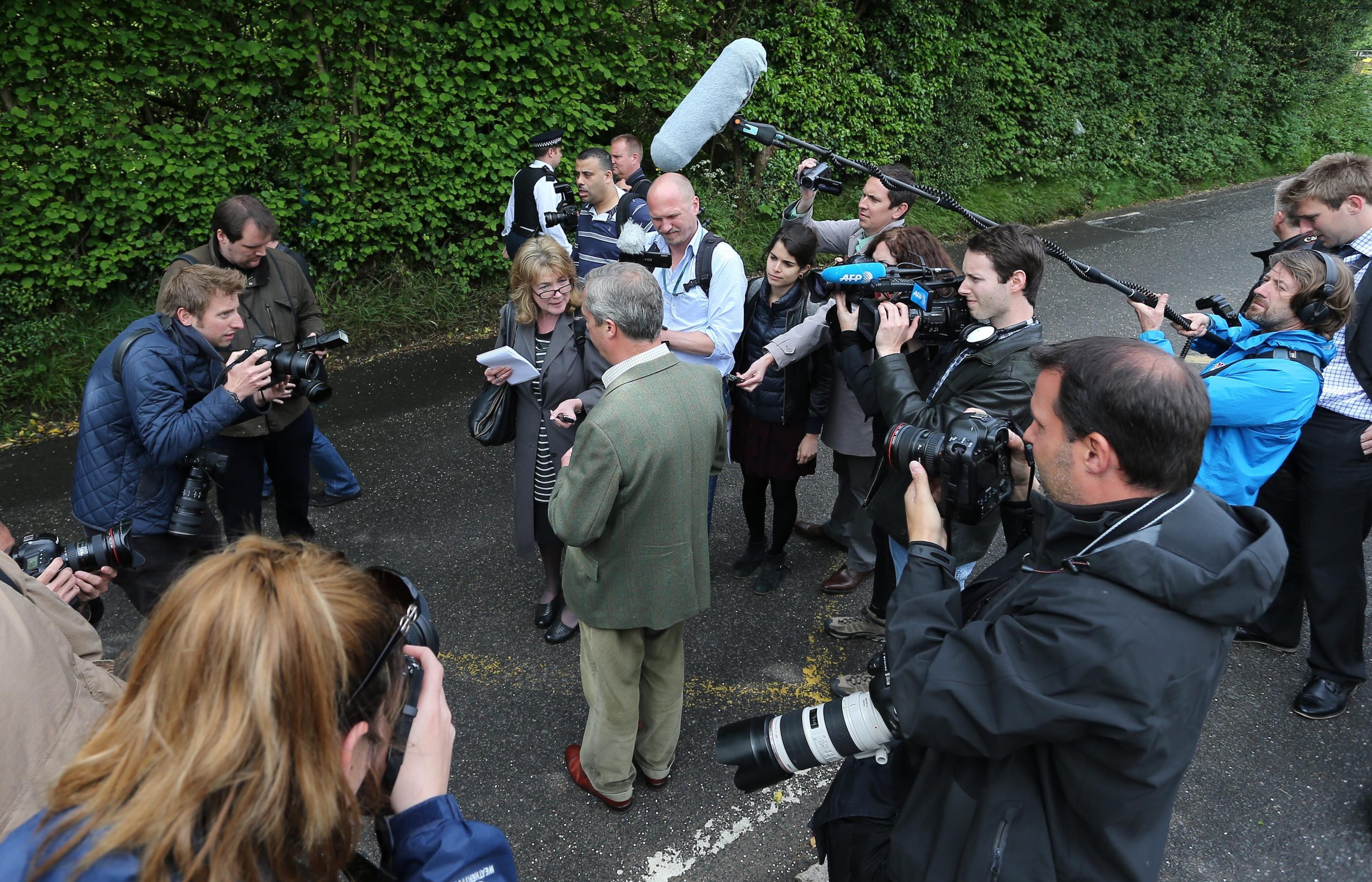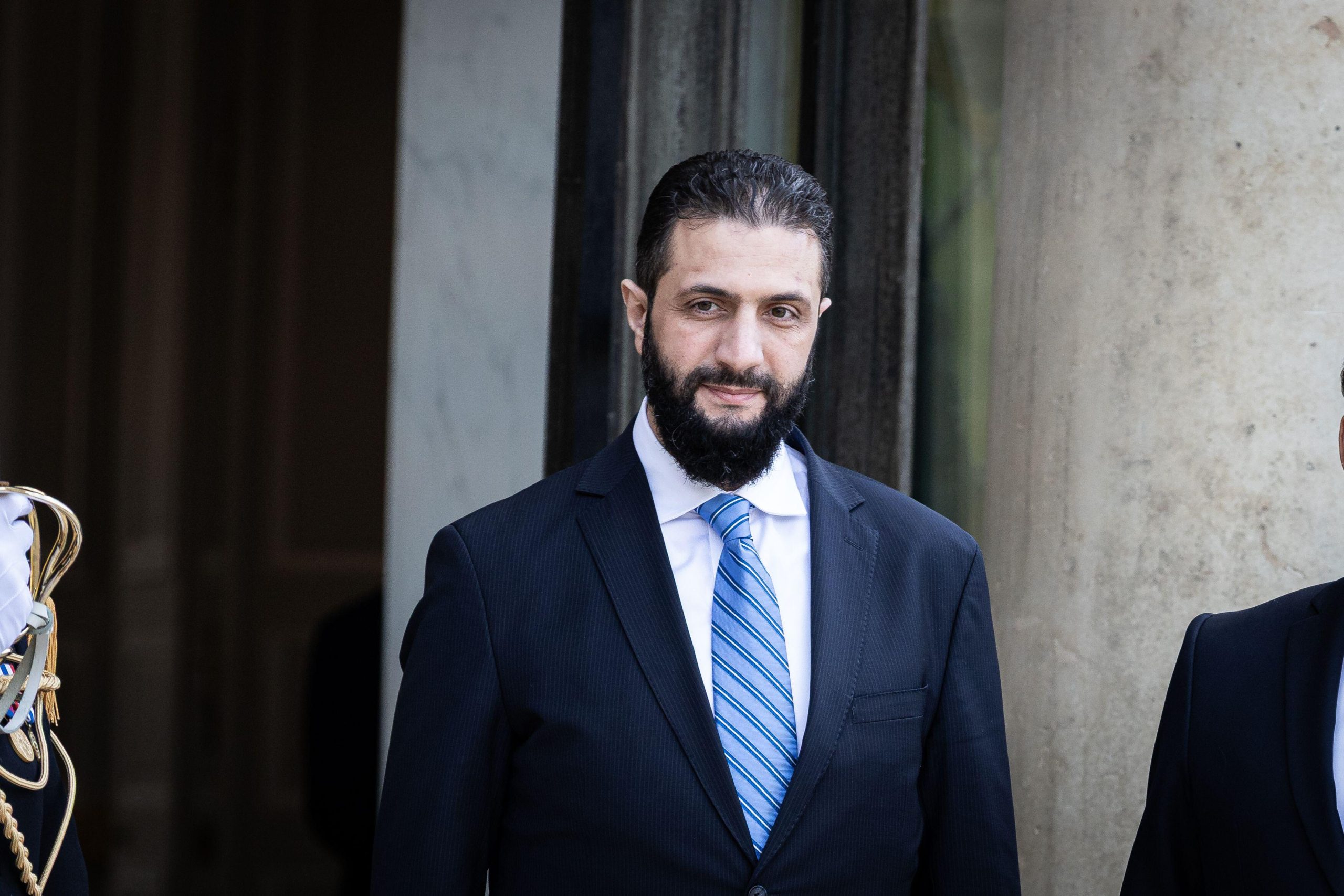[vc_row][vc_column][vc_column_text]
US president Donald Trump’s executive order banning citizens of seven predominantly Muslim countries from travelling to the USA for has had devastating consequences for thousands of people. Among them is Index on Censorship Award winner Murad Subay. The Yemeni street artist is now unable to visit his wife, who is currently studying in the USA.
“It’s really frustrating to even start thinking that I won’t be able to see her for that long,” he told Index. “She was supposed to visit during summer break, however, it seems that she can’t do that now.”
With uncertainty surrounding how the Trump administration’s policy towards Yemen will play out, the couple are now facing the very real prospect of not seeing each other until she finishes her studies four years from now.
“It’s been a really difficult time for both of us because it’s the first time we’ve been away from each other for more than a month,” Subay said. “I can’t say that this doesn’t have its negative effects on my work, for it surely does.”
At home, the worries that have plagued Subay throughout the Obama administration remain, particularly Trump’s continuation – and possible escalation – of his predecessor’s drone strikes in Yemen, which by February 2016 had killed up to 729 Yemenis including 100 civilians. One rural counter-terrorism raid authorised by Trump has already left at least 10 women and children dead, according to Al-Jazeera.
2016 Freedom of Expression Fellow Murad SubayMurad Subay is the 2016 Index on Censorship Freedom of Expression Arts Award-winner and fellow. His practice involves Yemenis in creating murals that protest the country’s civil war. Read more about Subay’s work. |
“Trump has no right to make things even worse for Yemenis. Yemen is already suffering from US arms deals with Saudi Arabia that helped fuel this war. Barring Yemenis from entering the USA under his administration only adds to these troubles.”
The war has been hitting close to home for Subay in recent months. Two of his cousins were recruited by warring parties and killed on the battlefield. – Fuad Subay, aged 26, was a soldier killed in Albuka’a, and Yaser Subay, just 14, was recruited by Houthis and killed in Isilan.
On top of this, a close friend of his, the respected investigative journalist Mohammed Alabsi, was killed in an apparent assassination. According to the Yemen Times, Alabsi had gone out for dinner in Sana’a with a cousin on 20 December. A little while later both men were rushed to hospital, where Alabsi died.
“I was told that blood came out of his ears and eyes,” Subay said. “Mohammed was investigating the black markets trading in oil that were associated with high-ranking politicians. I do not know the exact details of this, but what I do know is that Yemen has lost one of its most important and noblest investigative journalists, and that I lost a dear friend.”
An investigation into Alabsi’s death is underway.
Subay addressed a recent wave of violence against civilians, including journalists and public figures, in a mural entitled Assassination’s Eye, painted on the Mathbah Bridge in Sana’a in late December. Part of the Ruins Campaign, the minimalist painting depicts a sniper’s crosshairs training in on a human target.
“It conveys the assassin’s point of view, where it first feels like it is only a part of training on how to hit a target, but then in the final square the bullet ends up in the head of a real person rather than a target board,” Subay explained. “These assassinations have spread vastly since 2012, where they were mostly carried out among the military ranks and politicians. Lately, however, these operations have been targeting civilians too. I was planning to address this issue some time ago after hearing about the assassinations of innocent civilians in different places of the country, and that was just two weeks before I was shocked by the death of my friend.”
Elsewhere, Subay has been asked to serve as a judge for the Italian arts award, Fax for Peace, which invites students and artists from around the world to send pictures, videos or animations on the themes of peace, tolerance, human rights and the fight against all forms of racism. He said of the role: “It is a great pleasure to be selected as a judge in this contest and it is a big responsibility, which I hope to be able to carry out effectively.”
However, with Yemen’s economic circumstances ever worsening, and many working people now into their fourth month without receiving salaries, he sees difficult times ahead.
“It’s very harsh to see people every day looking for anything to eat from garbage, waiting along with children in rows to get water from the public containers in the streets, or the ever increasing number of beggars in the streets. They are exhausted, as if it’s not enough that they had to go through all of the ugliness brought upon them by the war.”
Referring to the deaths of his cousins and his close friend, he added: “No one can live in this country and not be affected by the war. This all happened in the last three or four months. These events make a month in Yemen feel like a year.”[/vc_column_text][vc_basic_grid post_type=”post” max_items=”4″ element_width=”6″ grid_id=”vc_gid:1486138786513-e5ca059b-efd0-1″ taxonomies=”8196″][/vc_column][/vc_row]





